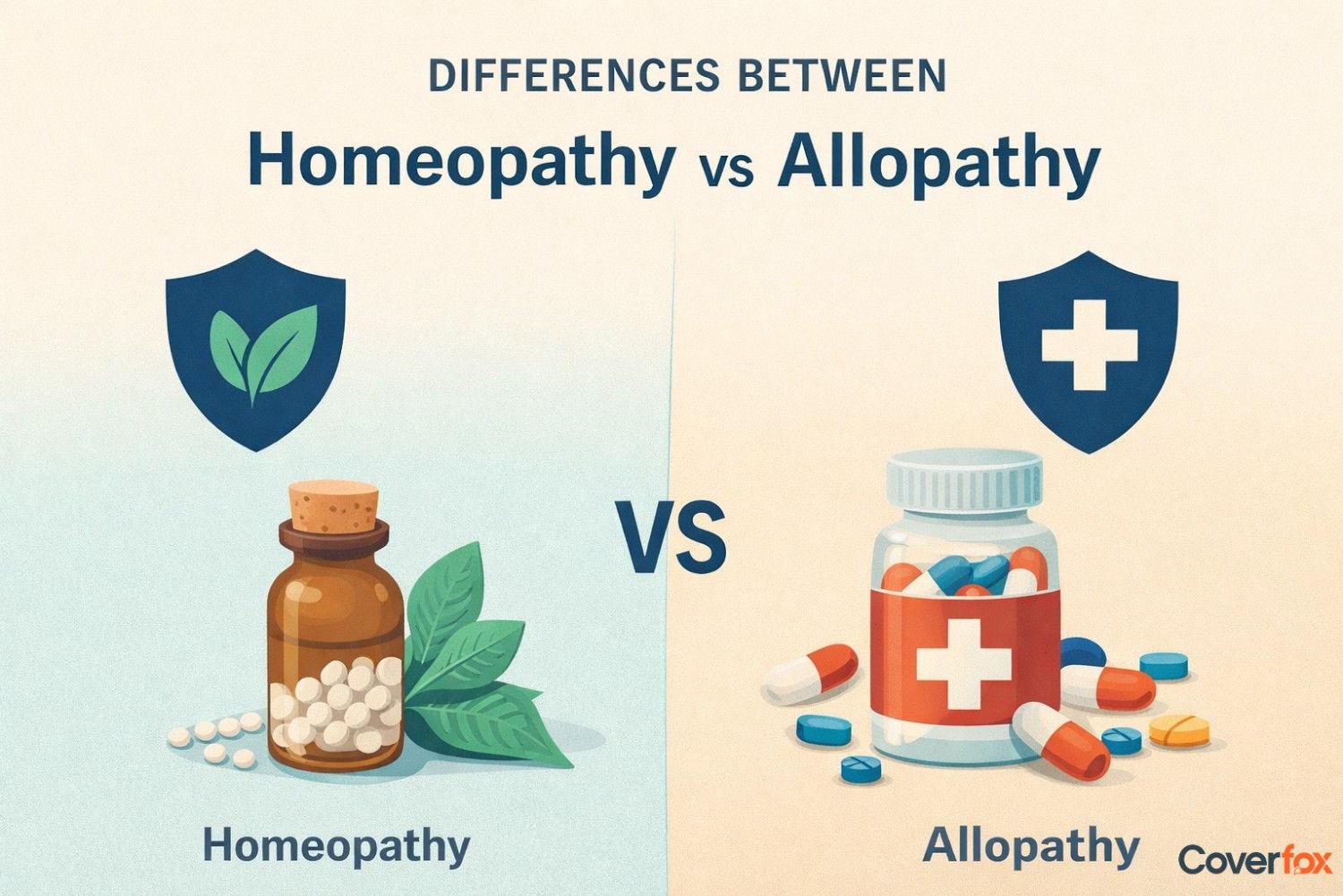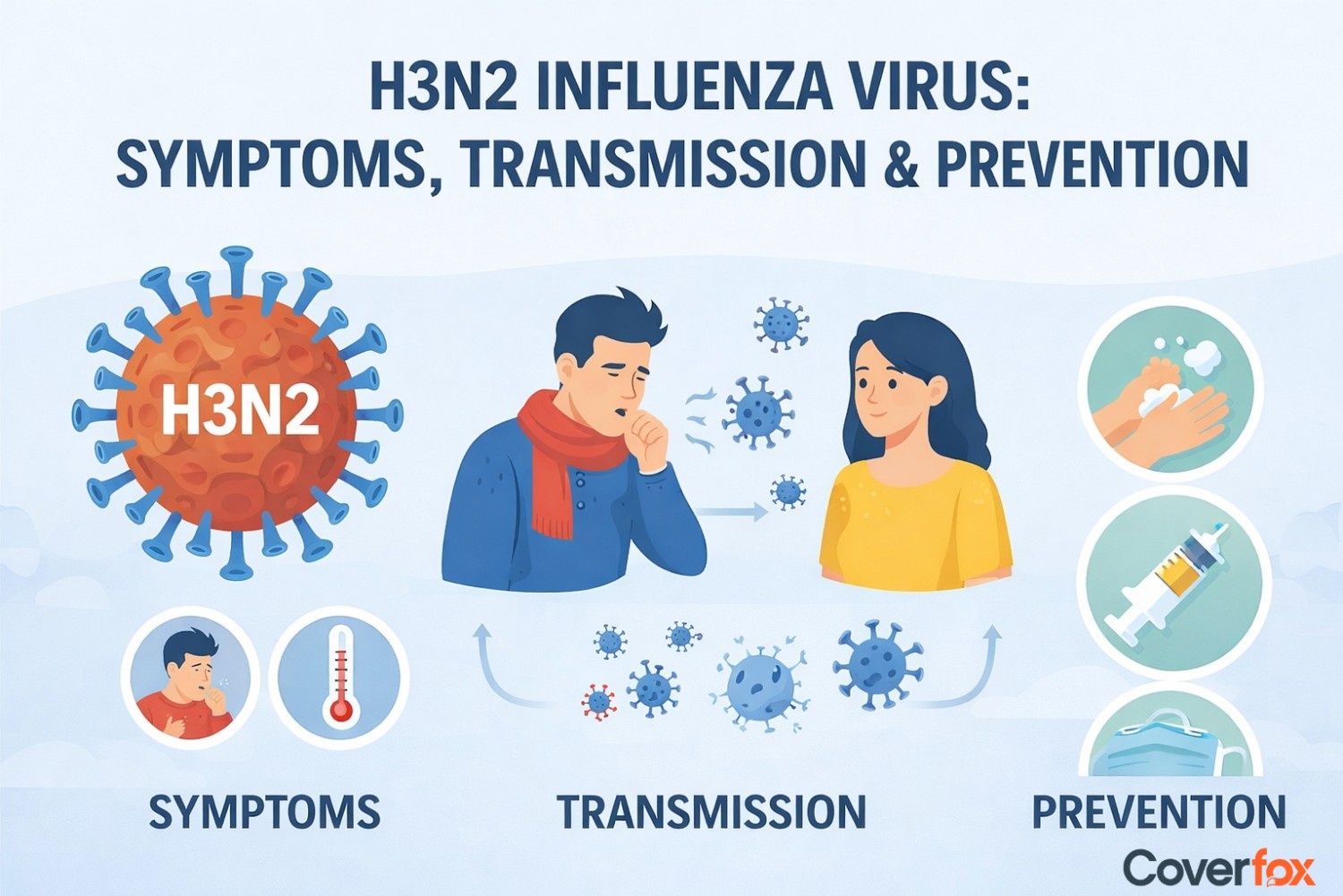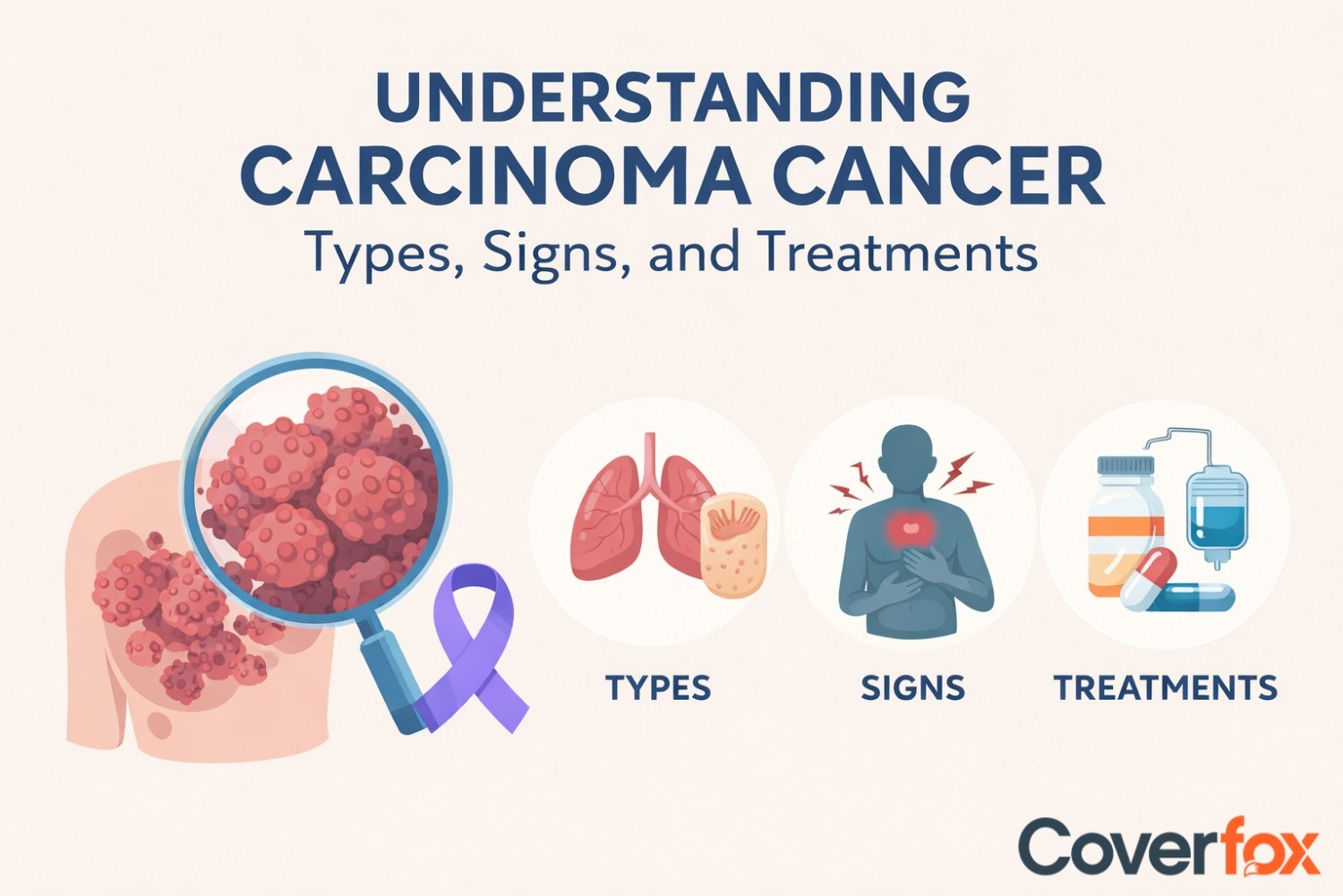Insurance is essential for shielding individuals or organisations from risks and uncertainties related to life, health, travel, etc. Additionally, the General Insurance Public Sector Association, or GIPSA, plays a vital role in the ever-changing insurance industry.

GIPSA, a group that advocates for public sector general insurance businesses, is crucial in establishing guidelines, optimising processes, and fostering cooperation. This article will explain what GIPSA is, how it operates, and how policyholders benefit from it.
Four general insurance companies (of the public sector) make up the General Insurance Public Sector Association (GIPSA). Approximately 80% of the nation's cashless insurance market is covered by GIPSA. Hospitals that have set packages for surgery in particular rooms make up the group. GIPSA, which was established to reduce and standardise the cost of treating common illnesses, comprises the insurance firms listed below:
- National Insurance Company Ltd
- New India Assurance Company Ltd
- Oriental Insurance Company
- United India Insurance Company Ltd
What Makes GIPSA Different From Others?
GIPSA's function in standardising procedures among various public sector insurers is what makes it special. It guarantees consistency in these businesses' operations, particularly with relation to pricing, customer service, and claims processing. GIPSA makes sure that the public sector insurers within its purview adhere to a standardised methodology, which makes it simpler for policyholders to manage the insurance process than private insurers, who may have a variety of rules and procedures.
Additionally, GIPSA is essential in negotiating on behalf of its member companies with healthcare providers and other stakeholders. This guarantees that these businesses' insurance products are reasonably priced and available to a broad spectrum of clients.
How Does GIPSA Work?
Appendicitis, cataracts, kidney stones, angioplasty, hysterectomy, and other conditions are covered by GIPSA insurance. These companies also provide policyholders with cashless treatment at a few hospitals in 12 locations around the nation. Mumbai, Pune, Kolkata, Jaipur, Indore, Hyderabad, Delhi, Coimbatore, Chennai, Chandigarh, Bengaluru, and Ahmedabad are among the twelve cities.
Features, premiums, facilities, and treatment package costs are determined by GIPSA. The GIPSA Preferred Provider Network (PPN) list is expanded to include hospitals that offer care at these pre-approved rates. These organisations provide limited cashless healthcare services to patients and their families in particular hospitals located in the aforementioned cities, and they have a set pricing range.
The cost of medical care packages offered by hospitals is regulated by GIPSA. PPN (Preferred Provider Network) hospitals are a group of medical facilities that provide services at GIPSA-approved prices. Cashless services won't be available in non-network hospitals (those that don't have a partnership with GIPSA). Nonetheless, the money may be reimbursed following GIPSA-approved rates.
A Few Relevant Points for Policyholders
If you are a policyholder, the following are some crucial things to remember.
- If a policyholder requests reimbursement for a hospital treatment from the PPN network, the reimbursement must be in line with the GIPSA rate.
- You can only access cashless health services within the PPN network that has been approved by GIPSA.
- PPN hospitals are strictly instructed to bill for treatment packages at the agreed-upon rates. Therefore, policyholders can file a complaint with the appropriate insurance company in the event of overcharging or a patient being refused admittance.
- The reimbursement must be in line with the service and going rate in the particular area if a policyholder requests payment for a procedure at a hospital that is not covered by the PPN.
Key Benefits of GIPSA
Here’s how GIPSA adds value to the public insurance sector:
- GIPSA promotes coordination and collaboration among public sector insurance providers. By exchanging resources, best practices, and expertise, the member organisations can improve their efficacy and operational efficiency.
- GIPSA can create uniformity in offers by aiming to standardise insurance policies and products. Customers may evaluate choices and select the best-fitting product more easily as a result.
- GIPSA can interact with stakeholders and authorities on behalf of its members in order to promote advantageous laws or policies. Only a unified perspective on the problems affecting the insurance industry may result in improvements to the insurance environment.
- By offering member organisations and employees skill development, training, and instruction, GIPSA may improve workforce capacities while simultaneously fostering a culture of professional growth.
- Initiatives like infrastructure sharing, technology adoption, etc., can assist members in cutting expenses and increasing revenues.
- The purpose of GIPSA was to prevent overcharging of consumers by establishing standard prices or packages for a variety of medical services. In order to provide customers with cashless treatments, all four insurance firms have arranged agreements with a number of hospitals. Furthermore, GIPSA's standardised approach guarantees uniformity in policy offerings, customer service, and claim processes, which fosters policyholder trust.
Final Thoughts
GIPSA, which was created with the intention of streamlining operations, benefits policyholders by improving process standardisation and making reimbursement easier. The fact that all of the hospitals in this network must follow a set price for a number of treatment packages makes GIPSA advantageous as well. Because it promotes efficiency and facilitates transparency in healthcare, GIPSA is an important factor in the health insurance market.
Explore More:
List of Autoimmune Diseases In India Cover under Health Insurance
How Do I Convince My Customers to Buy Health Insurance?
Top Government Insurance Companies Offering Health Coverage
Frequently Asked Questions
Does GIPSA cover claims related to workers' compensation insurance?
No, the main goal of GIPSA (General Insurance Public Sector Association) is to make cashless claims for health insurance plans provided by its member insurers as simple as possible.
What is the full form of GIPSA?
GIPSA stands for General Insurance Public Sector Association, a group of public sector insurance companies in India that regulate cashless treatment rates in select hospitals.
What does GIPSA mean?
GIPSA is an association of four public sector general insurance companies that negotiate treatment costs with hospitals, ensuring standardized rates for policyholders.
Which insurance companies are included in GIPSA?
GIPSA includes New India Assurance, National Insurance, United India Insurance, and Oriental Insurance, covering around 80% of India's cashless insurance market.
What is PPN?
PPN stands for Preferred Provider Network, a group of hospitals that offer cashless treatment at pre-negotiated rates under GIPSA policies.
Does GIPSA cover the whole country?
GIPSA does not cover the entire country; it operates in 12 cities, including Mumbai, Delhi, Kolkata, Chennai, and Bengaluru.

.webp)
 in Insurance.webp)



